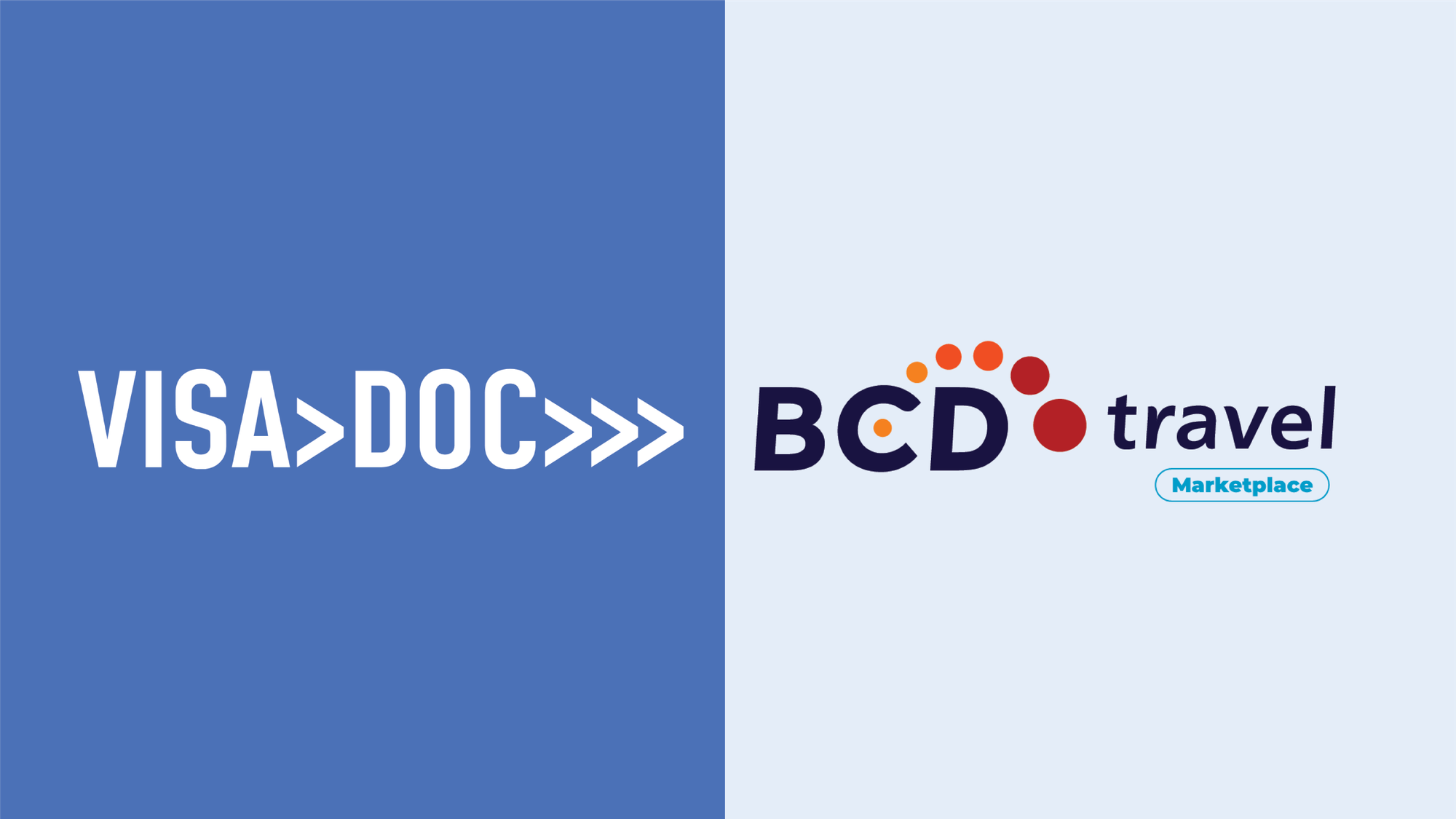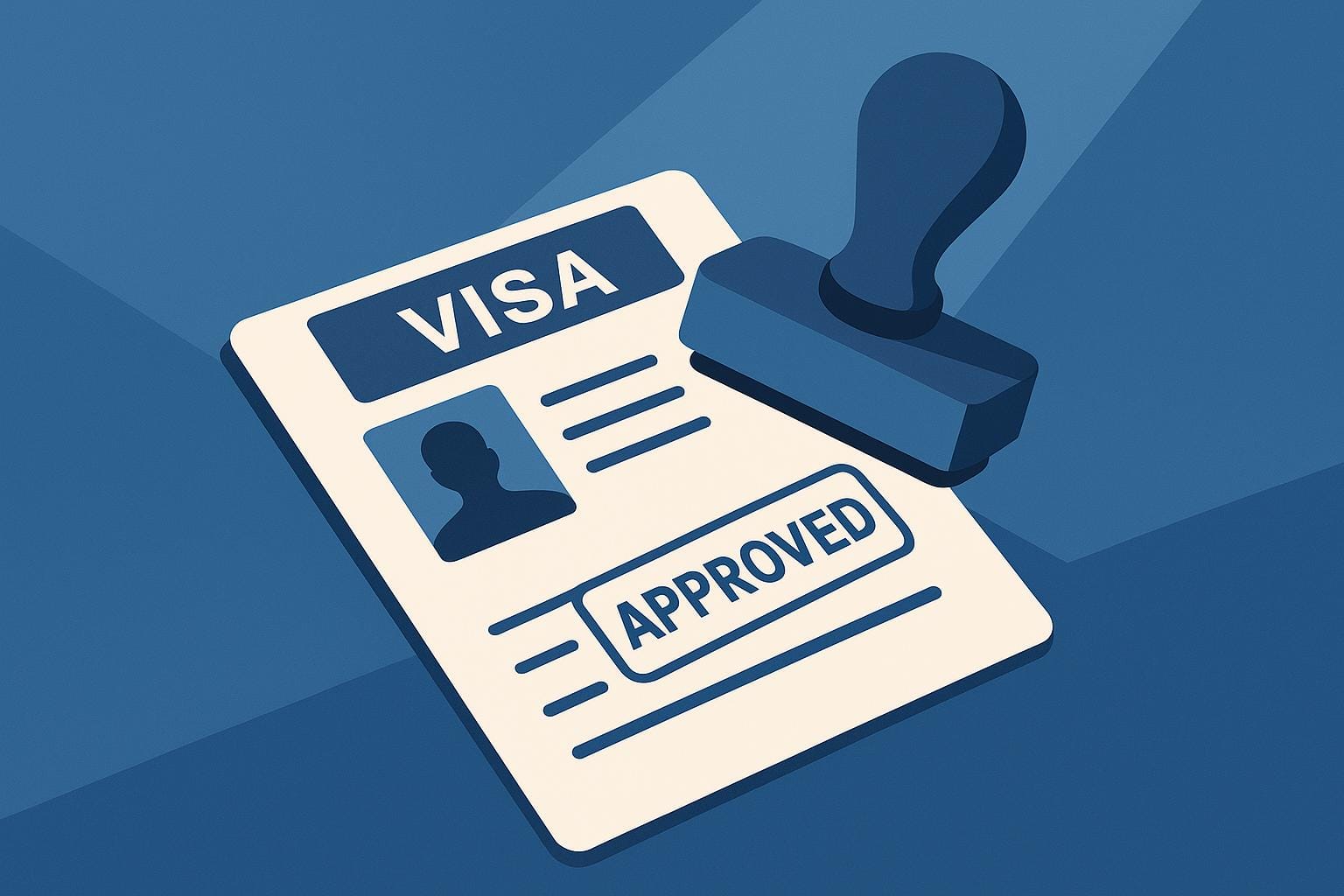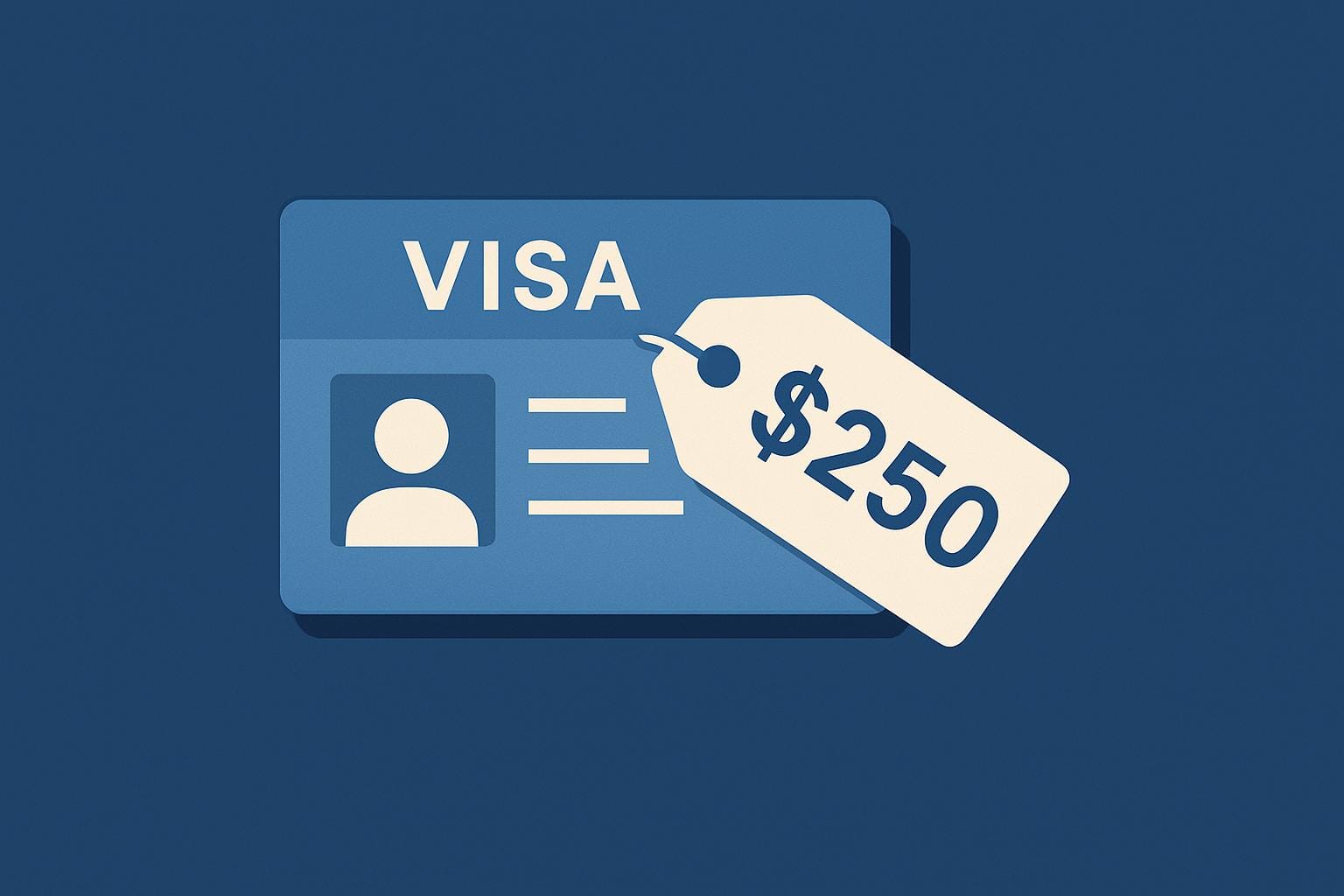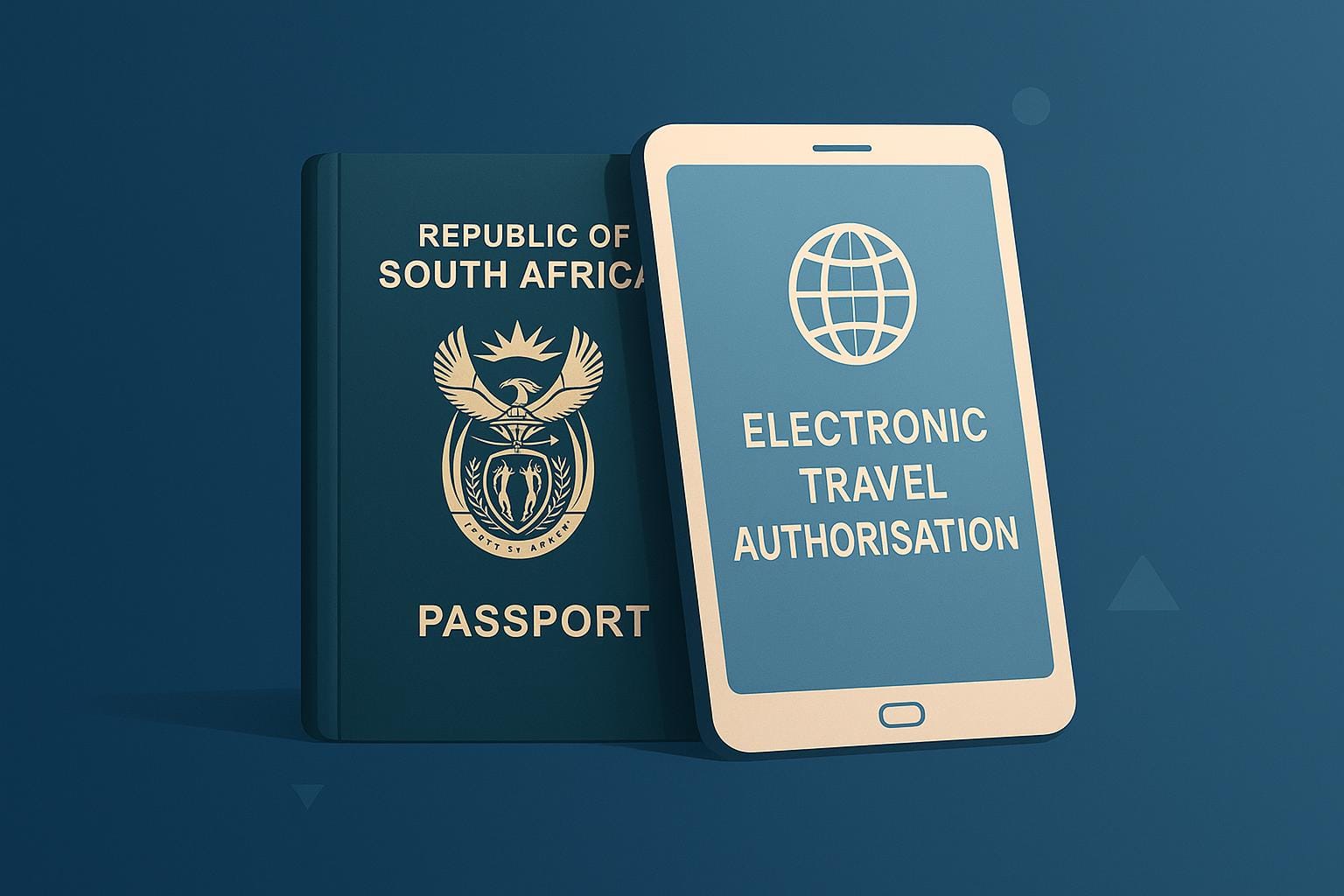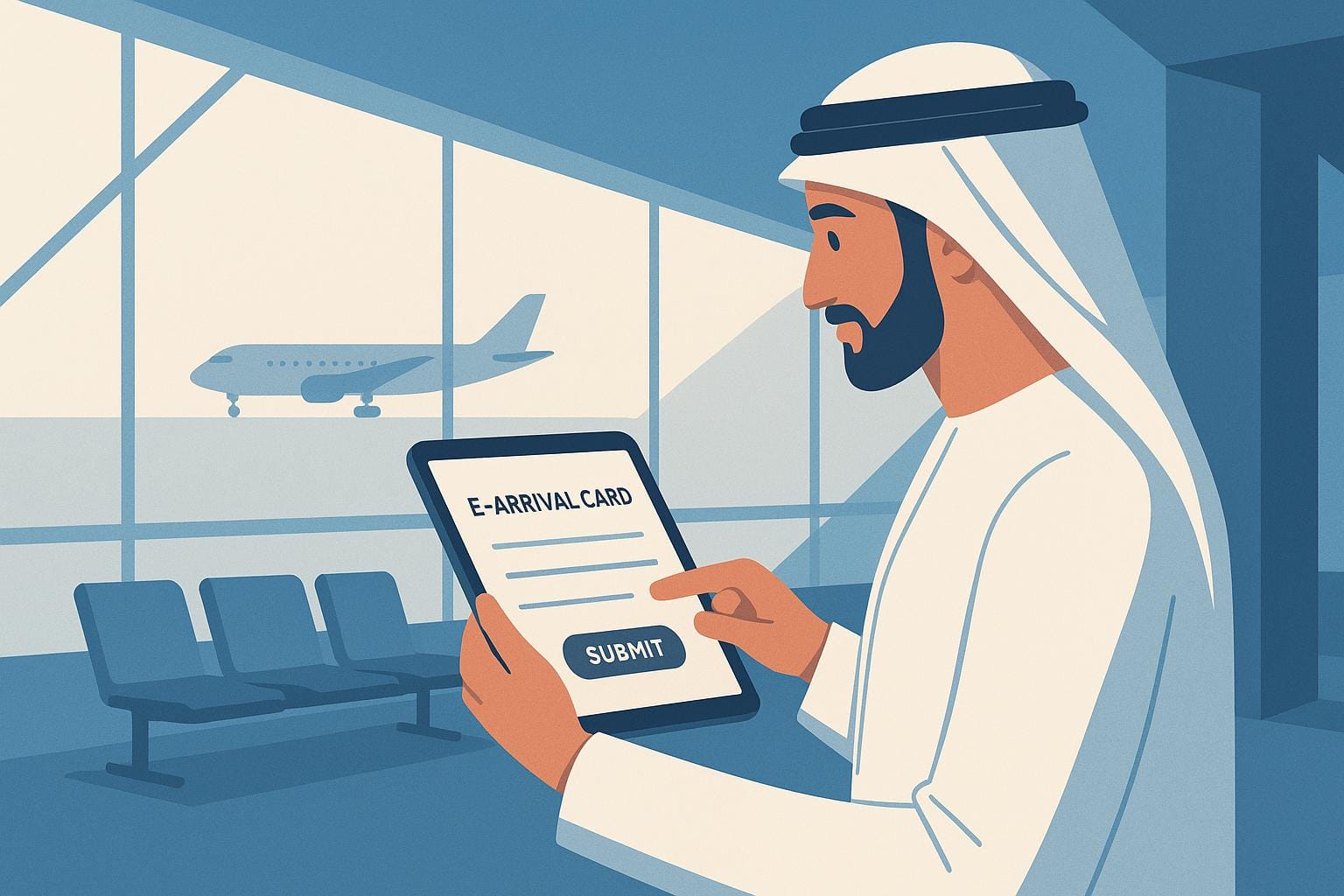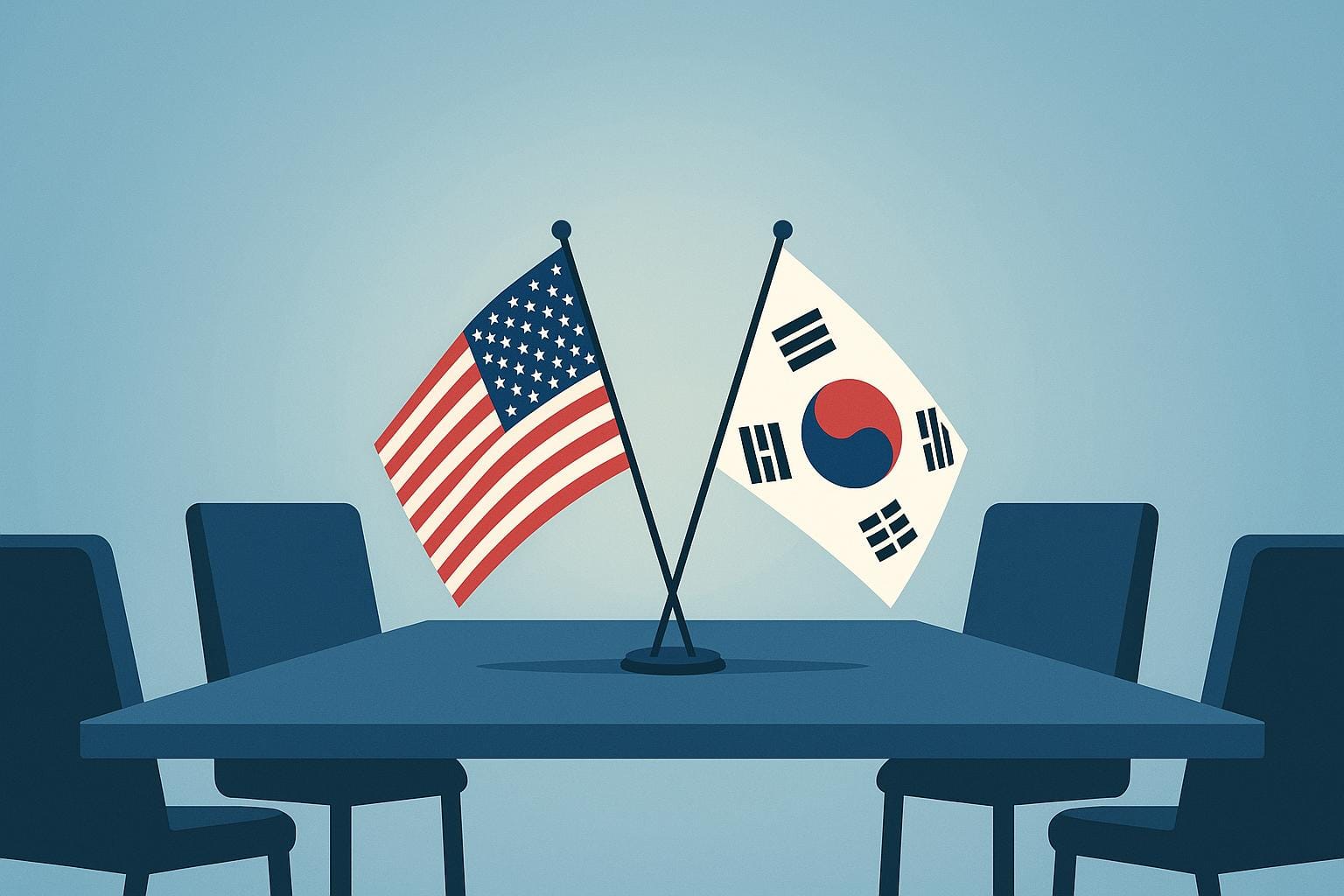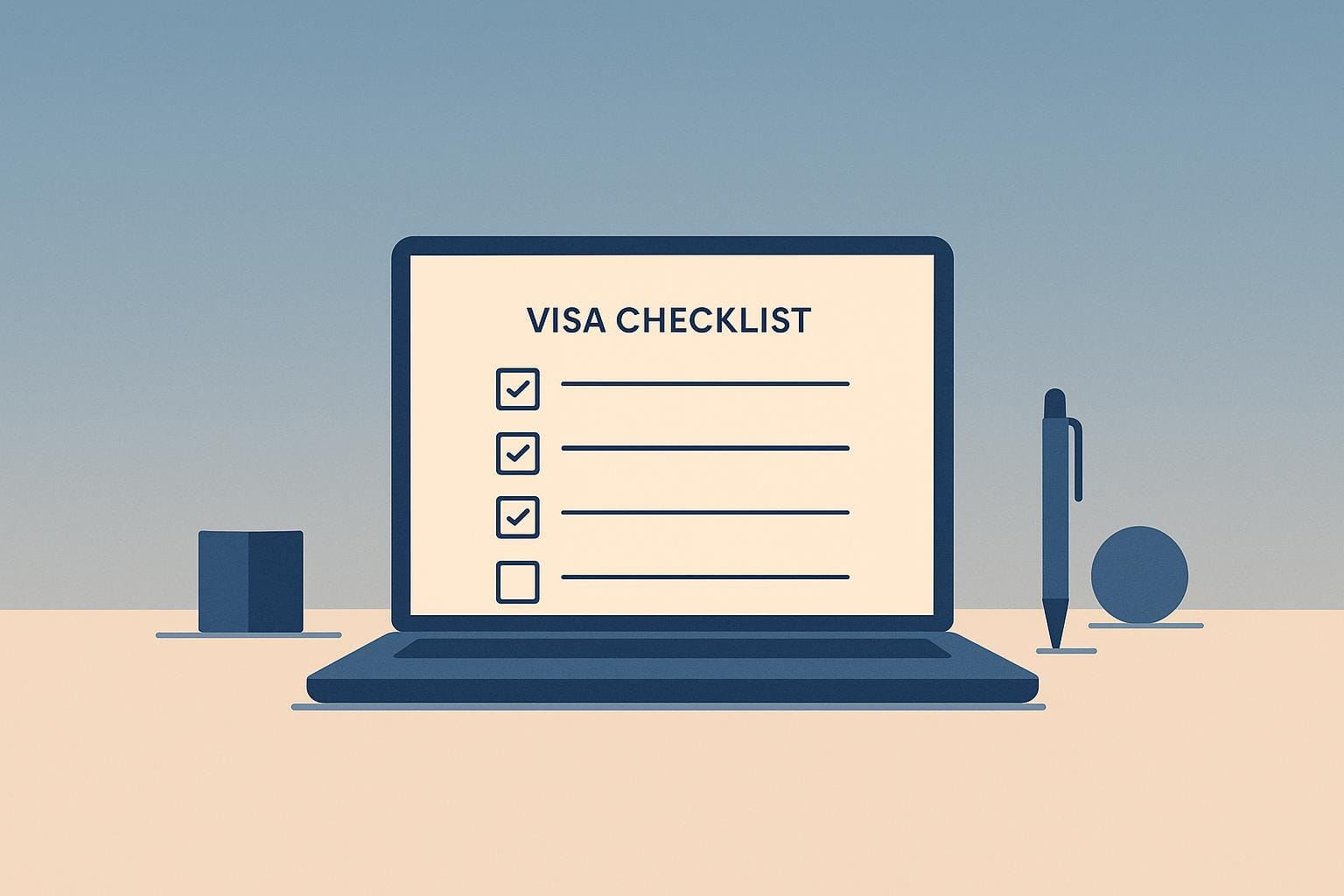In today's fast-paced global business environment, waiting weeks for visa approvals can derail important deals and delay critical projects. For corporate travelers and the HR professionals who support them, understanding how to navigate visa processes efficiently isn't just convenient—it's a competitive advantage.
Drawing from industry expertise and current practices, this guide provides actionable strategies to expedite business visa applications while maintaining compliance with increasingly complex immigration regulations.
1. Maintain an Updated "Visa-Ready" Document Portfolio
Creating a standardized, ready-to-go document portfolio significantly reduces application preparation time.
Strategic Implementation:
- Maintain digital and physical copies of frequently requested documents (passport bio pages, professional photos, financial statements)
- Store authenticated copies of educational credentials and professional certifications
- Keep standard templates for business purpose letters that can be quickly customized
- Establish a secure document repository accessible to both travelers and travel managers
2. Leverage Visa Fast-Track Programs and Premium Services
Many countries offer expedited processing options for business travelers, though these services often come with additional fees.
Available Options:
- Government premium processing services (available in countries like the USA, UK, Canada, and Australia)
- Priority visa services at consulates (often 2-3 times faster than standard processing)
- Same-day processing options (available in select jurisdictions for urgent business travel)
- VIP submission appointments (bypassing general queues)
3. Build Relationships with Consular Officials and Visa Service Providers
Establishing professional relationships with key visa processing stakeholders can significantly impact processing efficiency.
Relationship Building Tactics:
- Maintain contacts at frequent-use consulates and embassies
- Develop partnerships with reputable visa service providers in key markets
- Consider corporate membership in chambers of commerce that offer visa facilitation
- Attend consular outreach events when available
4. Optimize Business Purpose Documentation
The single biggest cause of visa delays is inadequate or unclear purpose documentation. Strategic preparation in this area yields significant time savings.
Documentation Best Practices:
- Provide clear, concise explanations of business activities (specific meetings, conferences, negotiations)
- Include supporting evidence (meeting agendas, conference registrations, client correspondence)
- Explicitly address duration appropriateness and ties to home country
- Customize documentation to address known concerns for specific destinations
5. Implement Pre-Application Compliance Checks
Proactive compliance verification catches potential issues before submission, preventing time-consuming request for evidence (RFE) delays.
Pre-Submission Checklist:
- Verify applicant qualifies for requested visa category
- Confirm all planned activities align with visa type limitations
- Ensure documentation meets current (not historical) requirements
- Validate all forms are complete and consistent across the application
- Verify photos meet exact specifications for the destination country
6. Utilize Technology to Automate Application Processes
Modern visa management platforms can dramatically accelerate application preparation and submission.
Technology Solutions:
- Digital document verification tools that confirm compliance with format requirements
- Form auto-population from centralized traveler data
- Automated checklist generation for country-specific requirements
- Application tracking systems that provide real-time status updates
- Calendar integration for appointment scheduling and deadline management
7. Schedule Strategically Around Peak Processing Periods
Visa processing times fluctuate predictably throughout the year, with significant seasonal variations.
Timing Optimization:
- Avoid summer peak seasons when possible (typically June-August)
- Consider year-end holiday slowdowns (mid-December through early January)
- Be aware of country-specific holidays and processing impacts
- Monitor processing time trends to identify emerging delays
8. Utilize Visa-Free Alternatives When Available
For short-term business travel, visa-free alternatives can eliminate processing time entirely.
Options to Explore:
- Visa waiver programs (like ESTA for the US or eTA for Canada)
- Electronic visas (e-Visas) which typically process faster than traditional visas
- APEC Business Travel Card for Asia-Pacific travel
- Regional free movement agreements (like the Schengen Area in Europe)
9. Develop Destination-Specific Expediting Strategies
Visa processes vary dramatically between countries, requiring tailored approaches to each destination's unique system.
High-Value Customizations:
- China: Utilizing the specific invitation letter format from local commerce departments
- India: Leveraging business visa categories with faster processing tracks
- Brazil: Working with local partners to provide appropriate government-recognized invitations
- Saudi Arabia: Using the business visa portal for block applications through Saudi partners
10. Establish an Emergency Expedition Protocol
Even with ideal planning, business emergencies requiring urgent travel will arise. Having established protocols for these situations prevents administrative confusion.
Emergency Protocol Components:
- Designated emergency visa coordinator with consular contacts
- Pre-arranged relationships with emergency visa service providers
- Templates for emergency business justification letters
- Clear internal approval process for additional expedition costs
- Standby documents package for frequent emergency travelers
Creating a Business Visa Expediting System
For corporate travel managers and HR departments, implementing these strategies systematically delivers the most value:
- Assessment Phase: Evaluate current visa processing timelines and identify primary bottlenecks
- Strategy Selection: Choose the 3-4 most impactful strategies for your specific travel program
- Implementation Planning: Develop infrastructure and processes to support chosen strategies
- Pilot Testing: Test with a small group of frequent travelers before company-wide rollout
- Continuous Improvement: Gather data on processing times and refine approaches accordingly
While building these systems internally is possible, many organizations find that specialized visa management platforms like VisaDoc can significantly accelerate implementation. These platforms come with pre-built infrastructure for document management, compliance verification, and automated processing—allowing companies to leverage these expediting strategies immediately rather than spending months developing internal systems.
Compliance Considerations for Expedited Visa Processing
While expediting visa processes, maintaining strict compliance remains essential:
- Never misrepresent business activities to expedite processing
- Ensure all documentation is truthful and accurate
- Maintain clear records of all interactions with consular officials
- Follow all official processes, even when leveraging premium services
- Train travelers on compliance obligations when using expedited visas
Conclusion: Balancing Speed and Compliance
The most effective business visa expediting strategies balance processing speed with unwavering regulatory compliance. By implementing these systematic approaches, organizations can significantly reduce visa processing timelines while maintaining the highest standards of immigration compliance.
With proper preparation, strategic relationships, and optimized processes, what once took weeks can often be accomplished in days or even hours—creating a meaningful competitive advantage in today's global business environment.




